HBO: The Evolution of a Premium Television Powerhouse
Introduction
Home Box Office (HBO) is one of the most recognized and influential premium television networks in the world. Known for its groundbreaking original programming, blockbuster films, and fearless storytelling, HBO has shaped the modern television landscape since its inception. With its commitment to high-quality content, bold narratives, and cinematic production values, HBO has become synonymous with prestige television, influencing both the industry and pop culture on a global scale.
History and Evolution
The Early Years (1972–1980s): Breaking New Ground
HBO was launched on November 8, 1972, as the first subscription-based cable television service in the United States. Initially, the channel offered unedited and commercial-free movies, setting itself apart from traditional broadcast networks. The service’s defining moment came in 1975 when it became the first TV network to deliver programming via satellite, broadcasting “Thrilla in Manila” (the historic Muhammad Ali vs. Joe Frazier boxing match) to subscribers nationwide.
Throughout the 1970s and 1980s, HBO expanded its content, airing theatrical films and live sports events. It gradually introduced stand-up comedy specials, pioneering performances from Richard Pryor, George Carlin, and Eddie Murphy, further solidifying its reputation as a platform for edgy, unfiltered entertainment.
The 1990s: The Rise of Prestige Television
The 1990s marked a major turning point for HBO as it transitioned into producing original scripted programming. With shows like “Oz” (1997), “Sex and the City” (1998), and the iconic “The Sopranos” (1999), HBO ushered in the era of prestige television. These series showcased complex storytelling, morally ambiguous characters, and high production values—elements that set HBO apart from network television.
The 2000s: Expansion and Global Influence
The early 2000s cemented HBO’s dominance in the industry with critically acclaimed hits such as “The Wire” (2002), “Six Feet Under” (2001), and “Deadwood” (2004). The network gained further mainstream recognition with “Game of Thrones” (2011–2019), a global phenomenon that redefined fantasy television with its intricate world-building and cinematic scale.
HBO also expanded internationally, launching HBO Europe, HBO Latin America, and HBO Asia, bringing its premium content to audiences worldwide. This period saw the network maintaining its premium cable model while adapting to streaming innovations.
The Streaming Era (2010s-Present)
As digital streaming services began reshaping media consumption, HBO adapted by launching HBO Go (2010) and HBO Now (2015), standalone streaming platforms that allowed direct consumer access to its vast content library. However, the biggest shift came in 2020 with the launch of HBO Max, a comprehensive streaming service that combined HBO’s premium offerings with a broader catalog, including content from Warner Bros., DC, Studio Ghibli, and more.
Programming and Content
HBO has built a diverse content library, ranging from dramas and comedies to documentaries and blockbuster films. Its programming strategy revolves around high-quality storytelling, boundary-pushing narratives, and a focus on talent-driven projects.
1. Original Dramas: The Prestige Era
HBO is known for producing some of the most critically acclaimed dramas in television history. A few standout series include:
- “The Sopranos” – The groundbreaking crime drama that revolutionized TV storytelling.
- “The Wire” – A deep dive into Baltimore’s drug trade, hailed as one of the greatest TV shows ever.
- “Game of Thrones” – A fantasy epic that became a global sensation.
- “Succession” – A modern take on corporate power struggles within a media dynasty.
2. Comedy and Satire
HBO has produced innovative and award-winning comedy series, blending sharp writing with cultural critique. Notable examples include:
- “Curb Your Enthusiasm” – Larry David’s improvisational masterpiece.
- “Veep” – A razor-sharp political satire starring Julia Louis-Dreyfus.
- “Barry” – A dark comedy about a hitman turned aspiring actor.
3. Documentaries and Miniseries
HBO has also been a leader in documentary filmmaking, often tackling social issues with in-depth storytelling. Examples include:
- “Leaving Neverland” – A controversial documentary about Michael Jackson.
- “The Defiant Ones” – Chronicling the careers of Dr. Dre and Jimmy Iovine.
- “The Jinx” – A real-life crime investigation that captivated audiences.
Its miniseries, such as “Chernobyl”, “Mare of Easttown”, and “Band of Brothers”, have set the benchmark for short-form storytelling.
4. Blockbuster Films and Specials
HBO’s partnership with major Hollywood studios ensures a steady rotation of blockbuster films. The network also produces stand-up comedy specials featuring top comedians like Chris Rock, John Mulaney, and Dave Chappelle.
Ownership and Corporate Structure
HBO is owned by Warner Bros. Discovery, a media conglomerate formed after AT&T’s WarnerMedia merged with Discovery, Inc. in 2022. The network operates under Warner Bros. Discovery’s Studios & Networks Group, alongside brands like Warner Bros. Pictures, DC Entertainment, and CNN.
Key shifts in ownership over the years include:
- Time Inc. (1972–1989) – HBO’s original parent company.
- Time Warner (1989–2018) – A merger that strengthened HBO’s position in the entertainment industry.
- AT&T’s WarnerMedia (2018–2022) – A push toward streaming-first initiatives.
- Warner Bros. Discovery (2022–present) – A restructuring aimed at maximizing content value across multiple platforms.
Global Reach and Influence
HBO’s influence extends beyond the U.S., with regional adaptations and partnerships in over 150 countries. The brand’s international reach includes:
- HBO Latin America – A hub for Spanish-language originals.
- HBO Europe – Featuring acclaimed local productions such as “Beforeigners”.
- HBO Asia – Delivering Hollywood hits alongside regional content.
The Future of HBO
As the entertainment industry shifts toward streaming dominance, HBO faces challenges from rivals like Netflix, Disney+, and Amazon Prime Video. Key future strategies include:
- Expanding HBO Max into more international markets.
- Investing in original films and exclusive content for streaming.
- Exploring interactive storytelling and VR experiences.
- Retaining creative talent and securing first-look deals with top writers and directors.
Despite increasing competition, HBO’s commitment to quality storytelling and innovative content ensures it will remain a cultural force in entertainment for years to come.
Conclusion
HBO has redefined television across multiple decades, evolving from a premium cable channel to a digital streaming powerhouse. Its legacy is built on visionary storytelling, daring subject matter, and an ability to push creative boundaries. As it navigates the future of entertainment, HBO continues to be the gold standard in television excellence, setting trends and shaping the industry with each passing era.

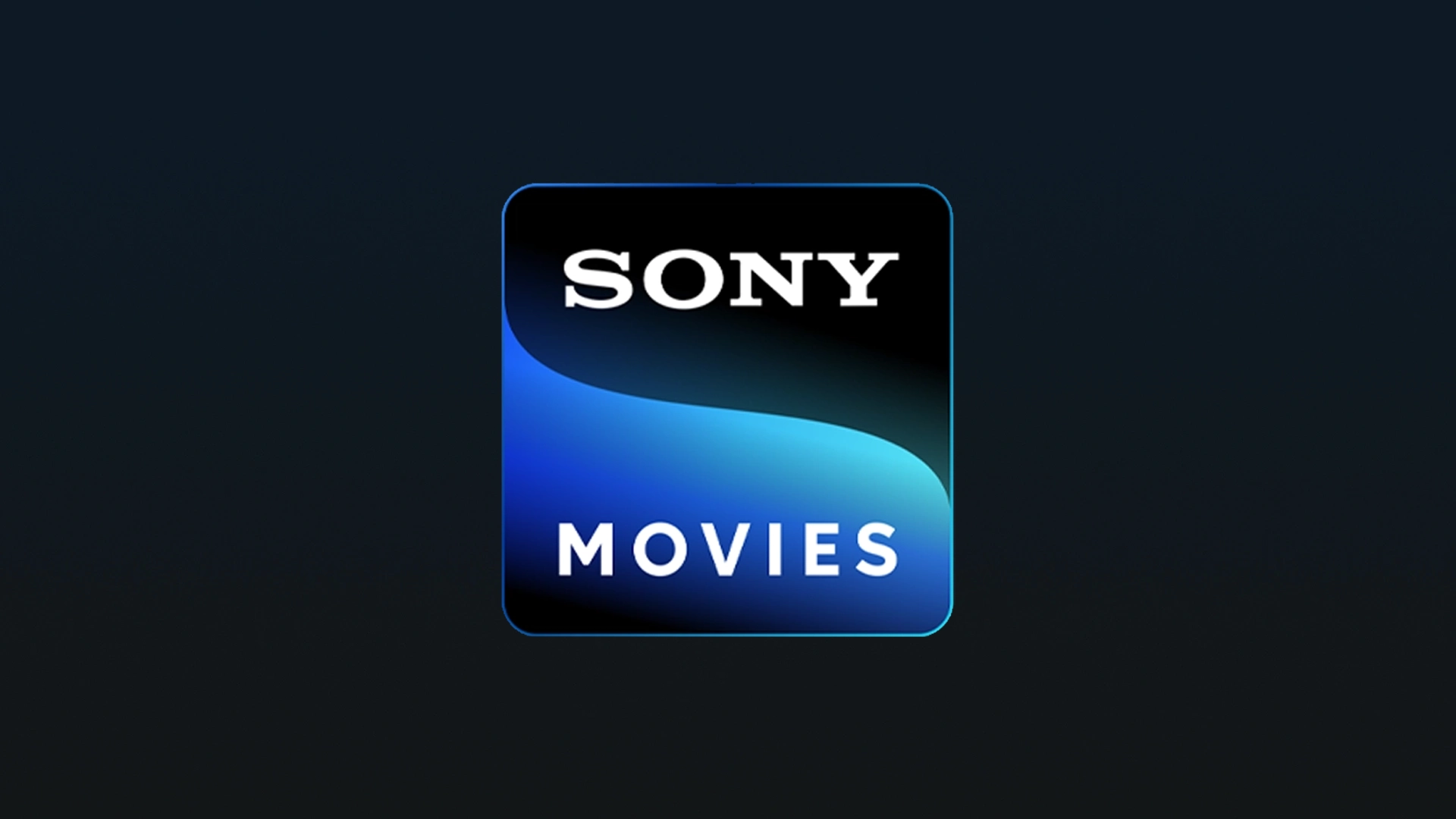



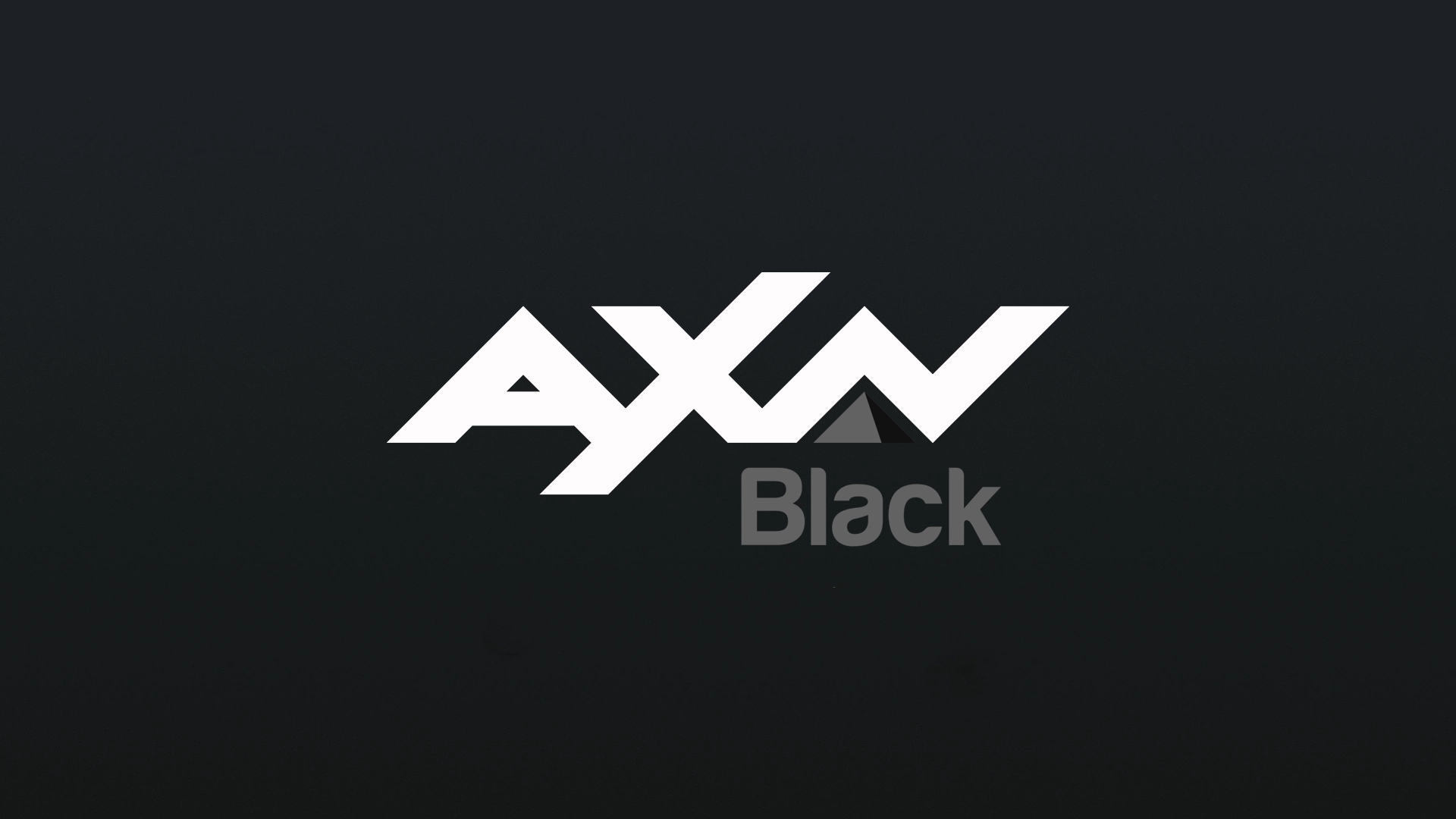
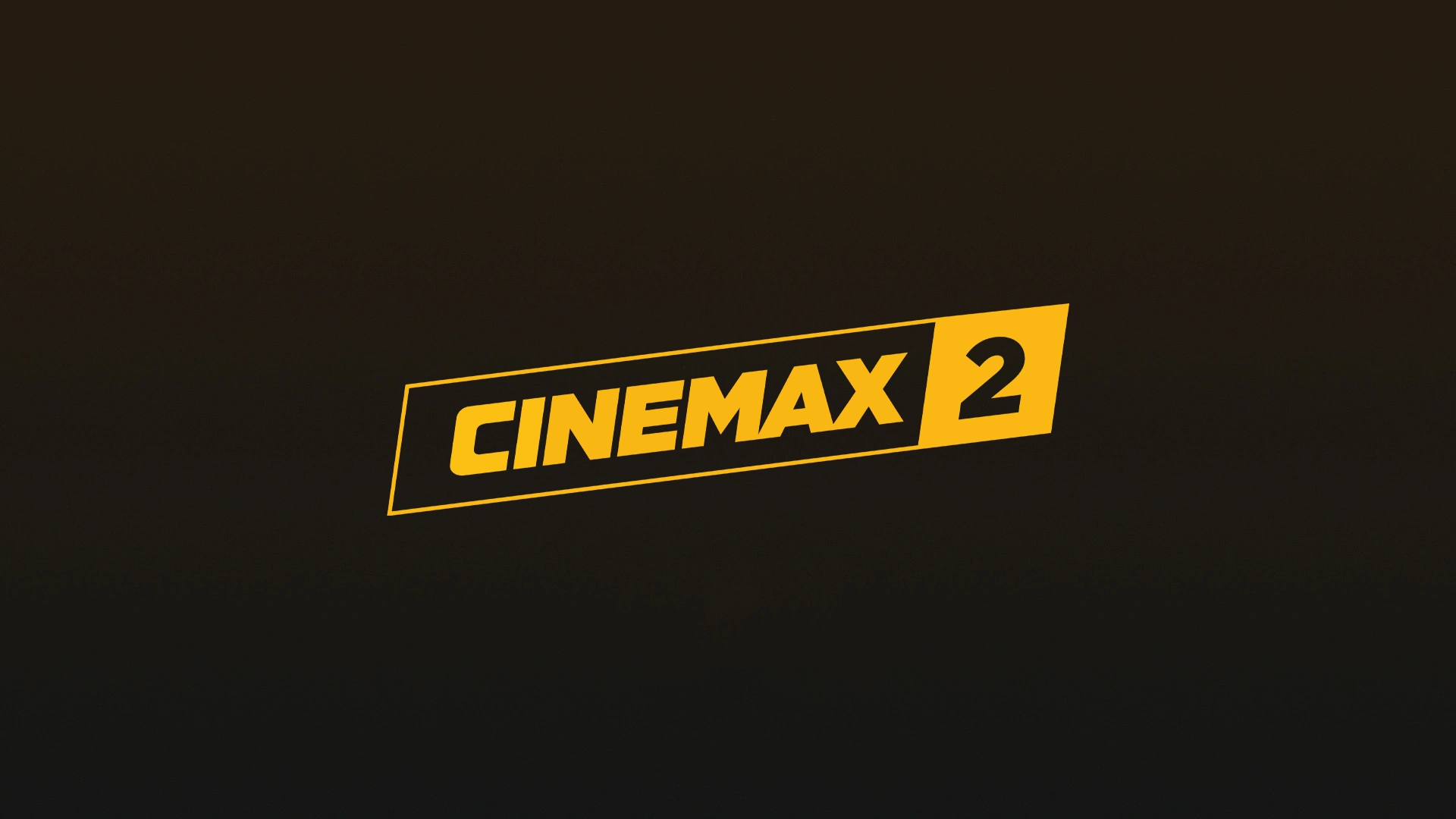

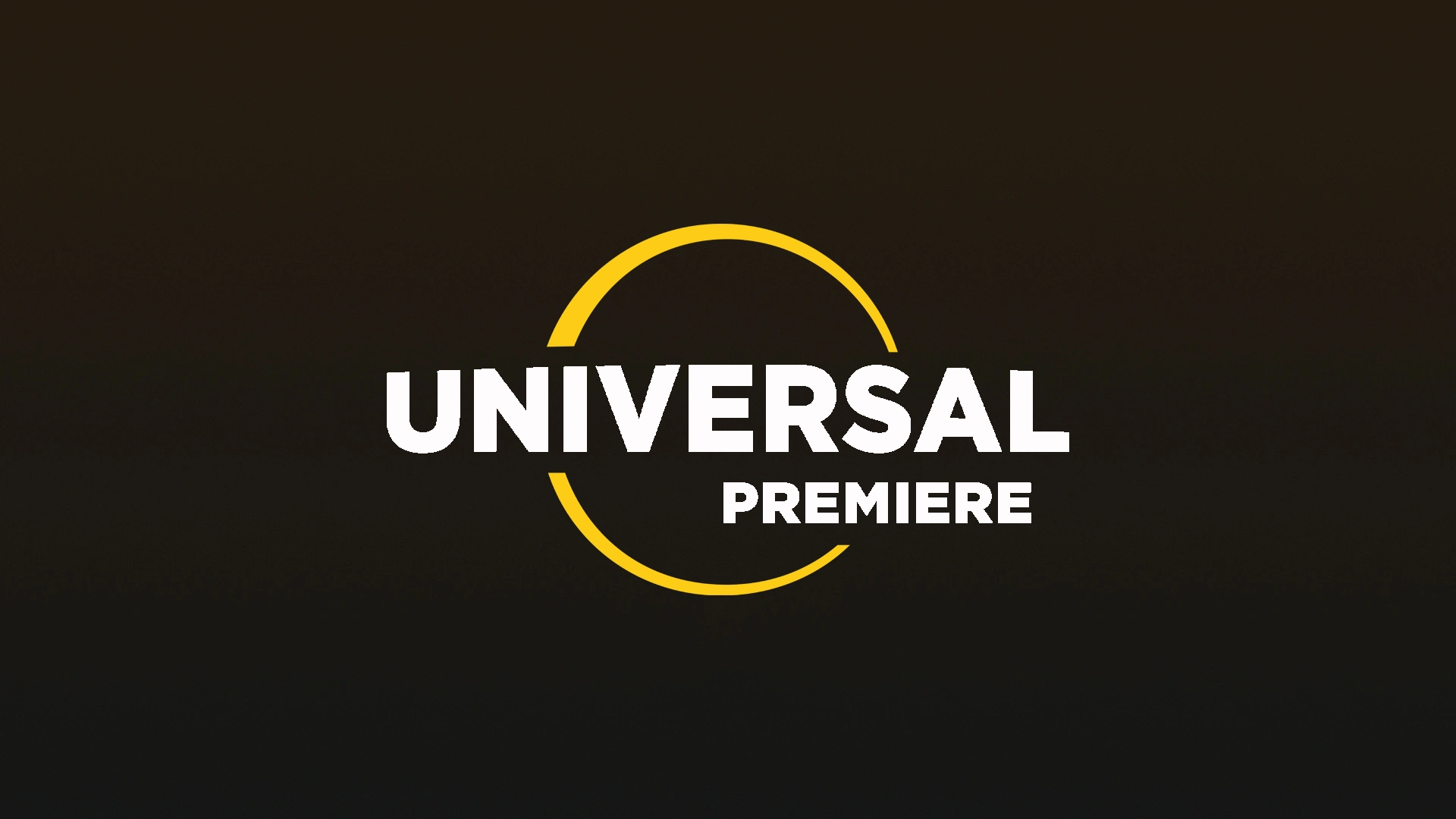
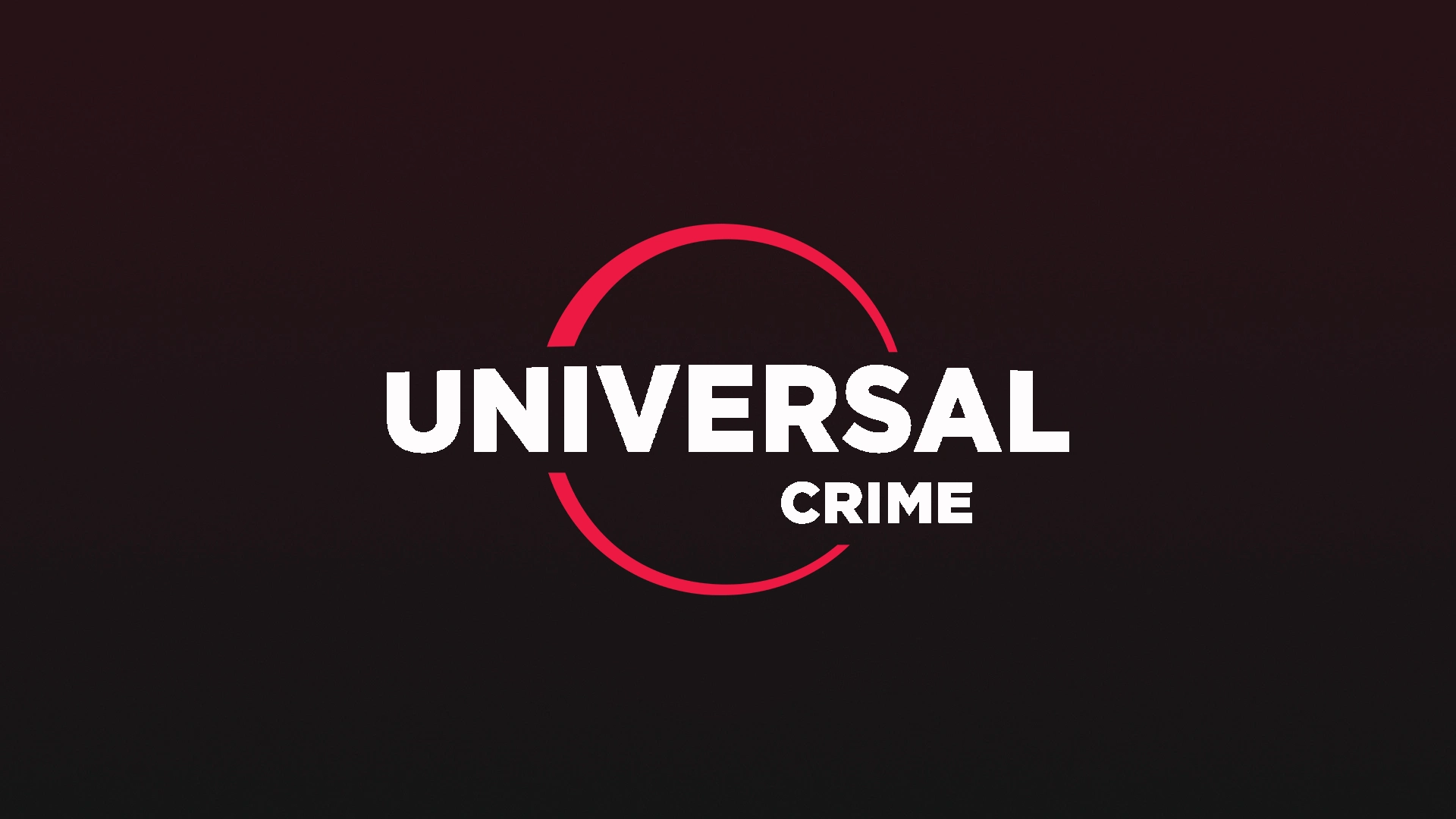
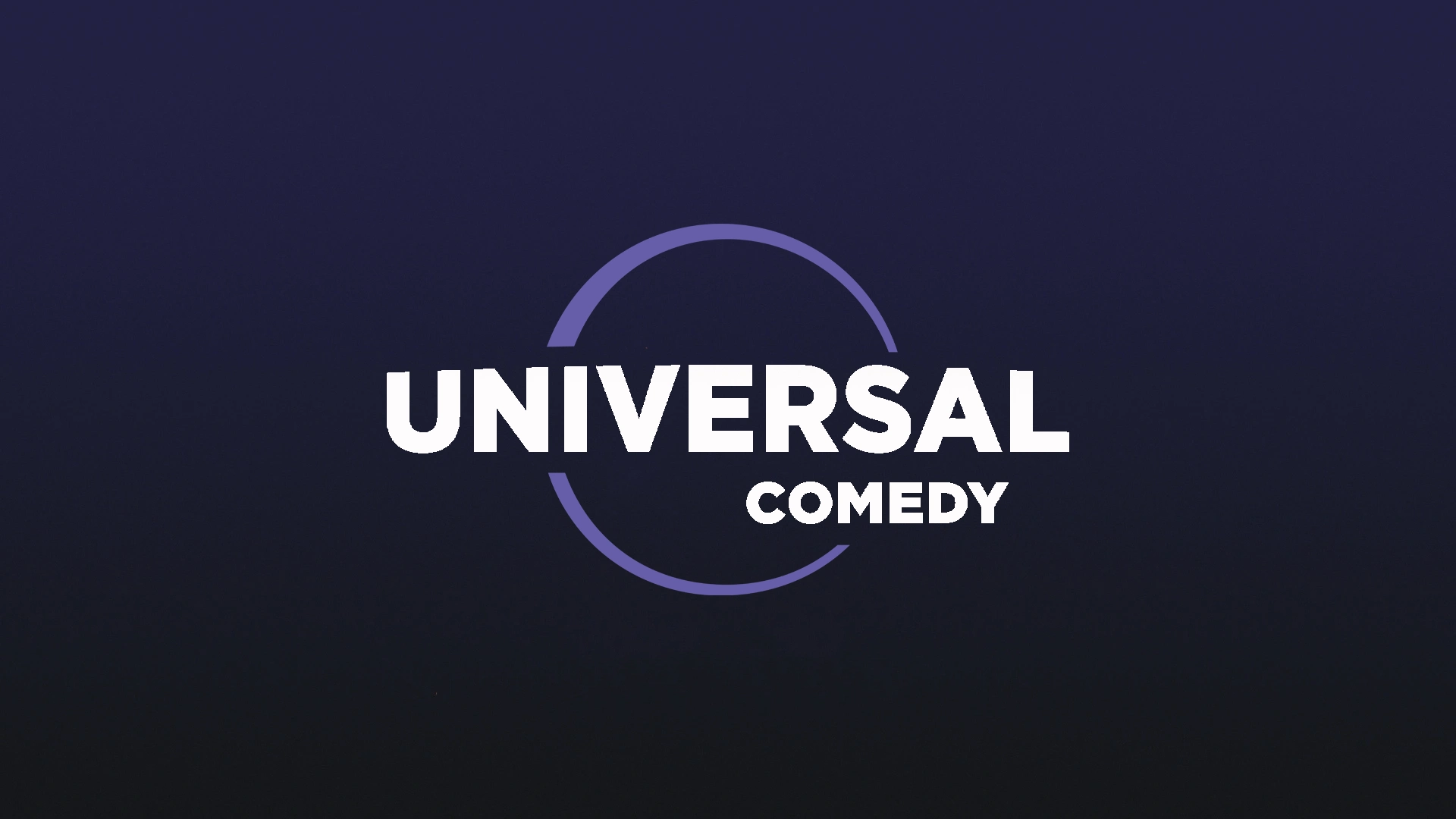
Add :